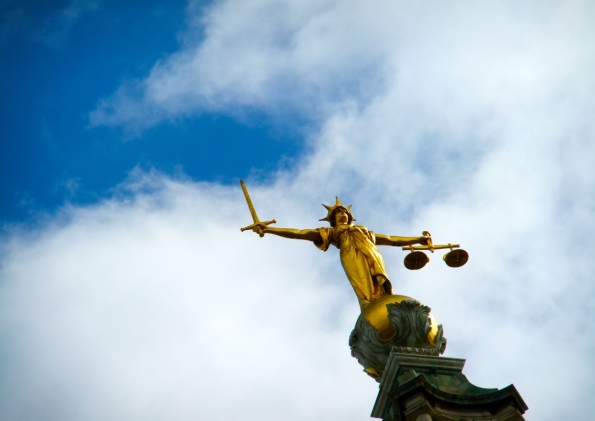
Taking notes 21: The dangerous dreams of Slavoj Žižek
by Jerome Roos When George Orwell first sent in his celebrated dispatches from revolutionary Catalonia during the Spanish Civil War in the late 1930s, the British socialist magazine The New Statesman infamously refused to publish them for being too critical of the Stalinist crackdown on the Trotskyist and anarchist militias. As editor Kingsley Martin put it in a letter to Orwell, “it is an unfortunate fact that any hostile criticism of the present Russian regime is liable to be taken as propaganda against socialism.” Still, Orwell, who had been embedded in the Trotskyist POUM and had fought the fascists side-by-side … Continue reading Taking notes 21: The dangerous dreams of Slavoj Žižek










